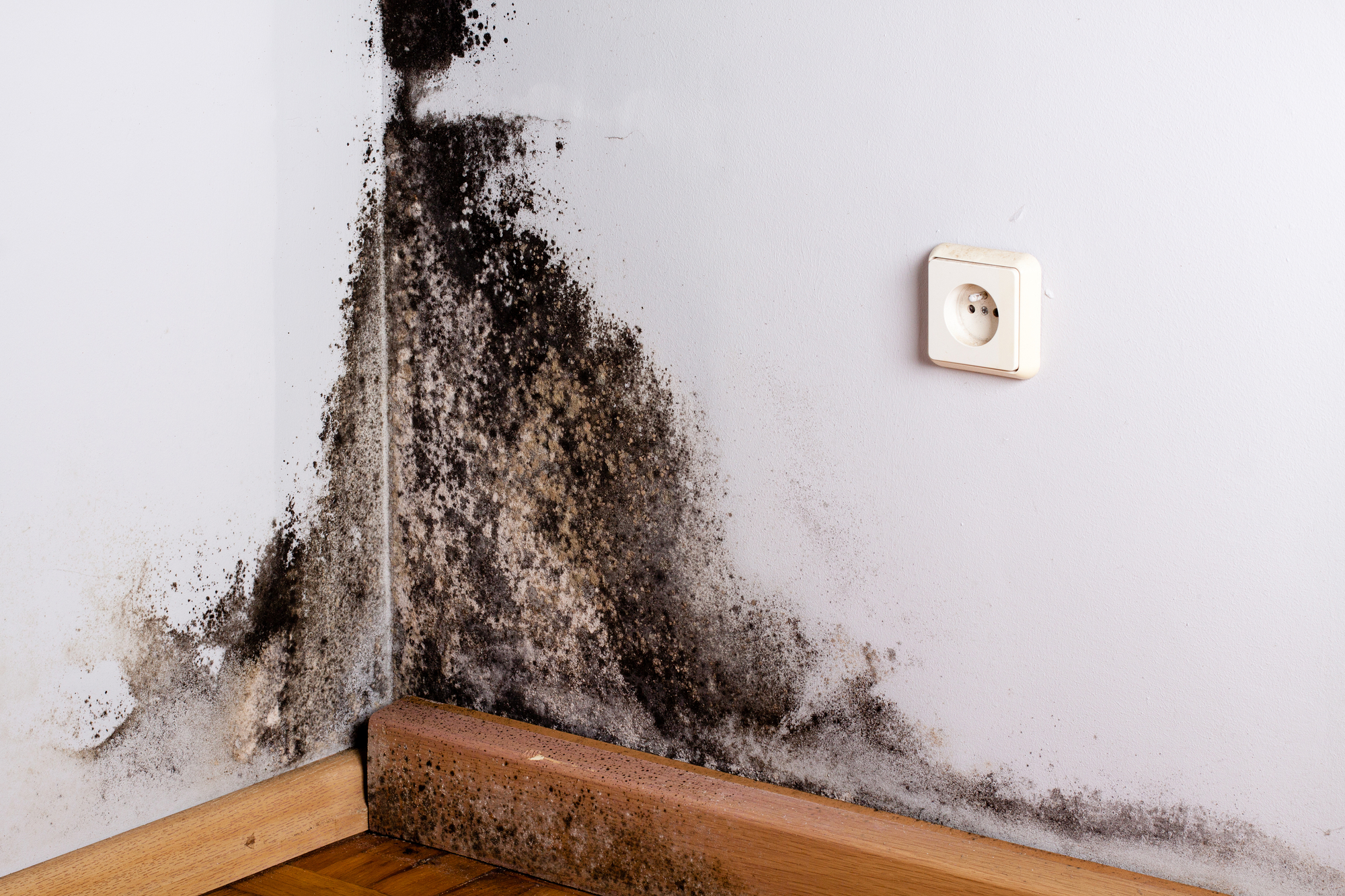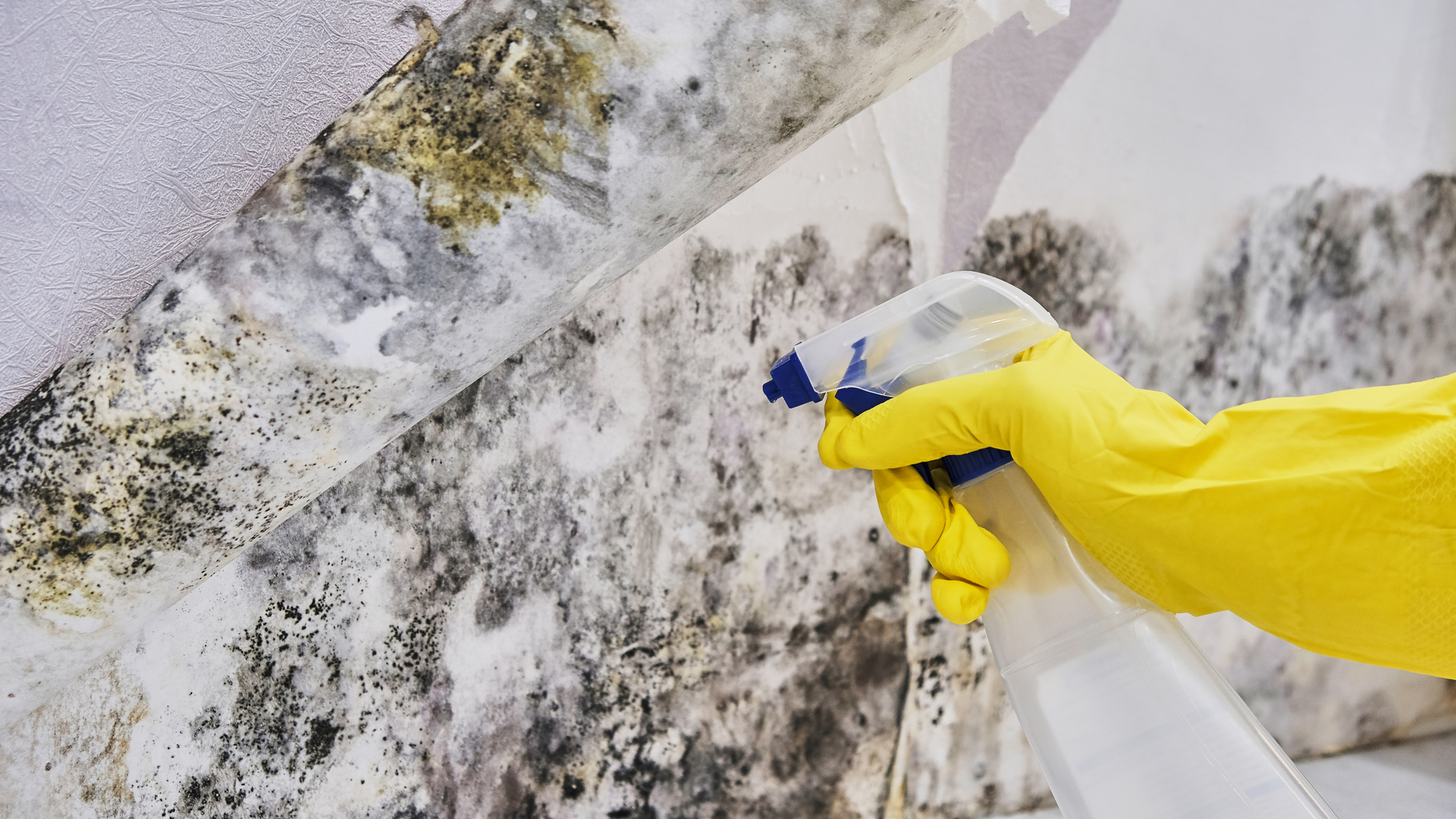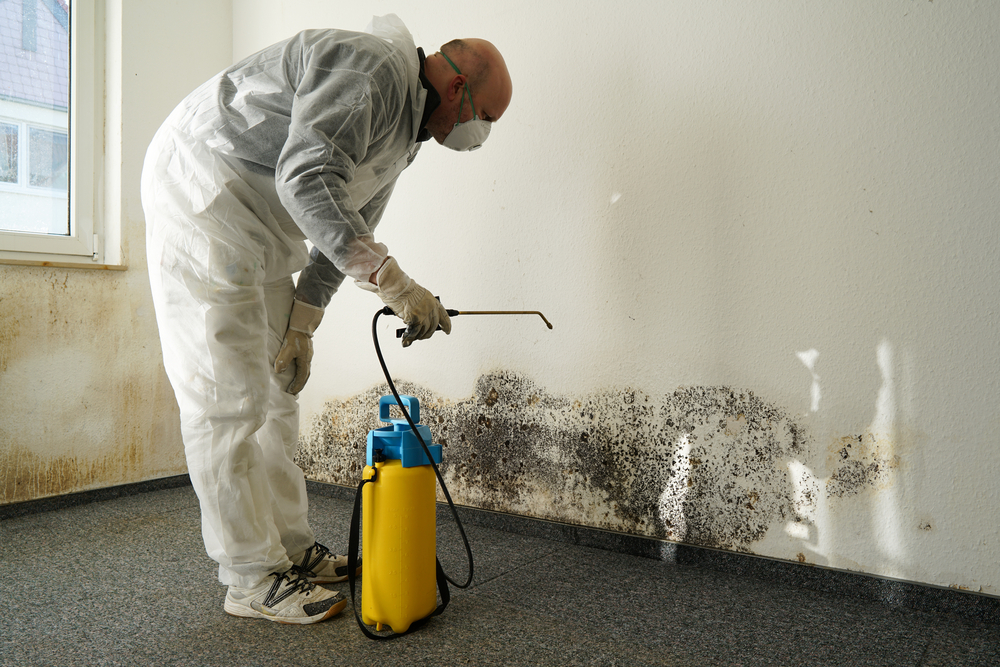- What is Black Mold?
- Causes of Black Mold Growth
- Health Concerns Associated with Black Mold
The Impact of Black Mold on Property Sale
- Health and Safety Considerations for Buyers
- Effects on Property Value and Marketability
- Legal and Ethical Obligations of Sellers
Strategies for Selling a House with Black Mold
- Preparing for a Professional Mold Inspection
- Effective Mold Remediation
- Full Disclosure: Honesty is Key
- Documenting Remediation Efforts
Navigating the Buyer’s Perspective
- Independent Mold Inspection
- Negotiation and Due Diligence
- Weighing Health and Safety Concerns
- Providing Accurate Documentation
- Setting Realistic Price Expectations
Understanding Black Mold
Black mold, scientifically known as Stachybotrys chart arum, has garnered attention due to its potential health risks and impact on indoor environments. By blending scientific insights and real-world examples, we aim to understand better black mold and its implications for individuals and their living spaces.
What is Black Mold?
Black mold is a fungus typically growing in damp, humid, and poorly ventilated areas. Its dark greenish-black color and slimy or fuzzy texture characterize it. While black mold is one of many types found indoors, its reputation has been primarily shaped by its potential health effects and the visible impact it can have on surfaces.
Causes of Black Mold Growth
Understanding the conditions that create black mold growth is essential for preventing its proliferation. Black mold thrives in environments with moisture, organic materials to feed on, and limited exposure to sunlight. This combination of factors can lead to its rapid growth and spread.

Health Concerns Associated with Black Mold
Black mold has raised significant health concerns, particularly in indoor environments where occupants are exposed to its spores. These spores can become airborne and be inhaled, potentially leading to various health issues, especially for individuals with respiratory conditions, allergies, or weakened immune systems.

Understanding black mold is crucial to maintaining a healthy and safe indoor environment. Its distinctive appearance, causes of growth, and associated health concerns emphasize the need for proactive measures to prevent and address its presence. Whether you’re a homeowner, tenant, or property manager, recognizing the signs of black mold and taking swift action can contribute to the well-being of occupants and the preservation of indoor spaces. By staying informed and collaborating with professionals, individuals can navigate the complexities of black mold and ensure that their living environments remain conducive to health and comfort.
The Impact of Black Mold on Property Sale
Health and Safety Considerations for Buyers

Imagine a family searching for their dream home. They find a charming house that seems perfect on the surface. However, during a routine inspection, evidence of black mold is discovered in the basement. The family recognizes the potential health risks, especially for their young children. Concerned about their family’s well-being, they must decide whether to proceed with the purchase or continue their search for a safer property.
Effects on Property Value and Marketability
Black mold can shadow a property’s market appeal and perceived value. Buyers may approach a property with caution if they suspect or confirm the presence of black mold, leading to potential property value and marketability challenges.
Consider a scenario where a seller, John, decides to list his property. An interested buyer thoroughly inspects and discovers black mold in the attic. The buyer expresses concerns about the property’s value and requests a reduction in the purchase price to account for the cost of mold remediation. John now faces a dilemma – should he lower the price to facilitate the sale or invest in remediation to preserve the property’s value?
Legal and Ethical Obligations of Sellers
Sellers have legal and ethical responsibilities when disclosing the presence of black mold to potential buyers. Failing to fulfill these obligations can lead to legal disputes and reputational damage.
The impact of black mold on property sales is a multifaceted issue that encompasses health and safety considerations, property value and marketability, and legal and ethical obligations. Buyers must carefully weigh the potential risks when evaluating a property with a history of black mold, taking into account their health and well-being. On the other hand, sellers should be proactive in addressing mold issues, maintaining open communication, and adhering to legal requirements. By learning from real-world examples, buyers and sellers can navigate the challenges of black mold.
Strategies for Selling a House with Black Mold
Selling a house is a significant endeavor, and when the property has a history of black mold, the challenges can be even more daunting. Through real-world examples and expert insights, we aim to provide a roadmap for sellers to navigate this complex landscape successfully.
Preparing for a Professional Mold Inspection
Before selling a house with black mold, sellers should prioritize a thorough and professional inspection. This step is crucial for understanding the extent of the mold issue and devising a comprehensive strategy for its mitigation.
Full Disclosure: Honesty is Key
Transparent and honest communication is essential when selling a house with a history of black mold. Sellers have a legal and ethical obligation to disclose the mold issue to potential buyers, ensuring they are fully informed before making a purchase decision.

A seller named James is preparing to list his property, which had a previous black mold issue successfully remediated. Recognizing the importance of full disclosure, James openly converses with his real estate agent. Together, they craft a detailed disclosure statement that outlines the history of the mold issue, the steps taken for remediation, and the preventive measures implemented. This transparent approach instills confidence in potential buyers, and James successfully sells his property to buyers who appreciate his honesty.
Documenting Remediation Efforts
Documenting the mold remediation process is a best practice and a valuable asset when selling a house with black mold. Comprehensive documentation provides evidence of the steps taken to address the issue and assures potential buyers of the property’s improved condition.
What would comprehensive documentation look like?
Let’s say for example a property owner named Emily undergoes mold remediation before listing her house for sale. During the process, she meticulously documents each remediation stage, including photographs, inspection reports, and receipts for professional services. Emily’s comprehensive documentation serves as a record of the remediation efforts and demonstrates her commitment to transparency. Potential buyers are impressed by Emily’s diligence and are more confident in considering her property.
Navigating the buyer’s perspective
Picture a potential buyer named Laura who has fallen in love with a charming house. Before finalizing the purchase, Laura engaged a certified mold inspector to assess the property thoroughly. The inspection reveals evidence of past black mold growth, which prompts Laura to investigate further. Armed with objective findings, Laura gains insights into the scope of the issue and can enter negotiations with a clear understanding of the situation.
Negotiation and Due Diligence: Striking the Right Balance
Once a potential buyer is armed with knowledge from an independent mold inspection, negotiation, and due diligence become pivotal aspects of the decision-making process.
Consider a buyer, Mark, who has discovered black mold during an independent inspection of a property he wishes to purchase. Mark negotiates with the seller, emphasizing the need for mold remediation. Through collaborative discussions, Mark and the seller agree: the seller agrees to reduce the purchase price to accommodate the remediation cost, and Mark commits to overseeing the mold removal process. The negotiation process showcases the power of informed communication and mutually beneficial outcomes.
Weighing Health and Safety Concerns: A Prudent Approach
Health and safety considerations loom large for buyers contemplating a property with a history of black mold. The well-being of occupants takes precedence, and a thorough evaluation is necessary.

Imagine a family evaluating a property with a past black mold issue. The family members prioritize health and safety above all else. They converse openly with a trusted real estate agent and conduct thorough research. While the property holds appeal, the family ultimately decides to walk away due to concerns about potential health risks, demonstrating their commitment to safeguarding their well-being.
Navigating the buyer’s perspective in the realm of properties with black mold is a journey marked by diligence, careful analysis, and prudent decision-making. Buyers can make informed choices that align with their values and objectives by conducting independent mold inspections, engaging in thoughtful negotiation and due diligence, and prioritizing health and safety.
Real-world examples illustrate the impact of these strategies, highlighting the potential for successful outcomes and demonstrating the importance of a well-informed approach. In a real estate landscape that demands awareness and attention to detail, buyers who master navigating such perspectives can confidently guide the path to property ownership, ensuring that their investments are rooted in wisdom and foresight.
Ensuring a Smooth Sale
Selling a property with a history of black mold requires strategic planning and transparent communication to ensure a successful and smooth transaction. Through real-life examples and expert advice, we aim to equip sellers with the knowledge and tools to navigate this complex terrain and achieve a seamless property sale.
Collaborating with Mold Remediation Experts: Expertise is Key
When it comes to addressing black mold, collaboration with mold remediation experts is paramount. Their expertise and their guidance can make a significant difference in effectively managing the mold issue and preparing the property for sale.

Providing Accurate Documentation: Transparency Builds Trust
Transparent communication is crucial when selling a property with a history of black mold. Providing accurate and comprehensive documentation regarding the mold issue, its remediation, and preventive measures can instill confidence in potential buyers.
Setting Realistic Price Expectations: Honesty Drives Success
Setting a realistic price for a property with a history of black mold is a crucial step in ensuring a smooth sale. Honesty about the mold issue and the efforts undertaken for its resolution can foster trust between sellers and potential buyers.
Selling a house with a history of black mold demands careful consideration, proactive measures, and a commitment to transparency.
By collaborating with mold remediation experts, providing accurate documentation, and setting realistic price expectations, sellers can navigate the challenges of black mold and achieve a smooth property sale. Real-world examples underscore the impact of these tips, showcasing how informed decisions and strategic planning contribute to successful outcomes. In a competitive real estate landscape, sellers who embrace these practices facilitate a smooth transaction and establish a foundation of trust and integrity that resonates with buyers seeking a reliable investment.



